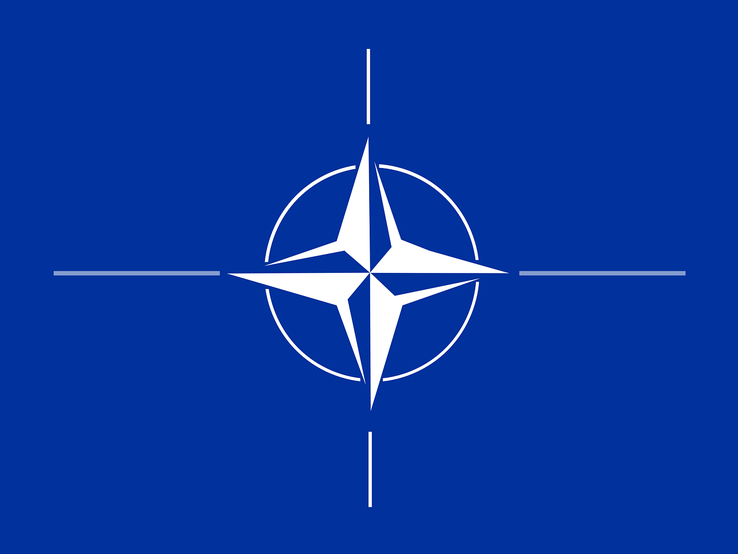The West should persuade Bosnia and Herzegovina to amend its election law, or else Croatia would block the NATO accession of Finland and Sweden, Croatian President Zoran Milanovic said, emphasizing that he was merely protecting vital Croatian interests. Croatia’s prime minister, who maintains good relations with the Soros family, has accused President Milanovic of being pro-Russian.
Dissatisfied Croatians
The structure and administration of Bosnia and Herzegovina was established by the Dayton Agreement. The country is made up of two main entities: the Federation of Bosnia and Herzegovina, inhabited by Croatians and Bosnians, and Republika Srpska, inhabited mostly by Serbs. The Chair of the Presidency of Bosnia and Herzegovina rotates among three members, each elected as the chair for an eight-month term. The parliament has two chambers, with the upper house having 15, and the lower house 42 members. The one-third proportion of nationalities must be strictly observed everywhere.
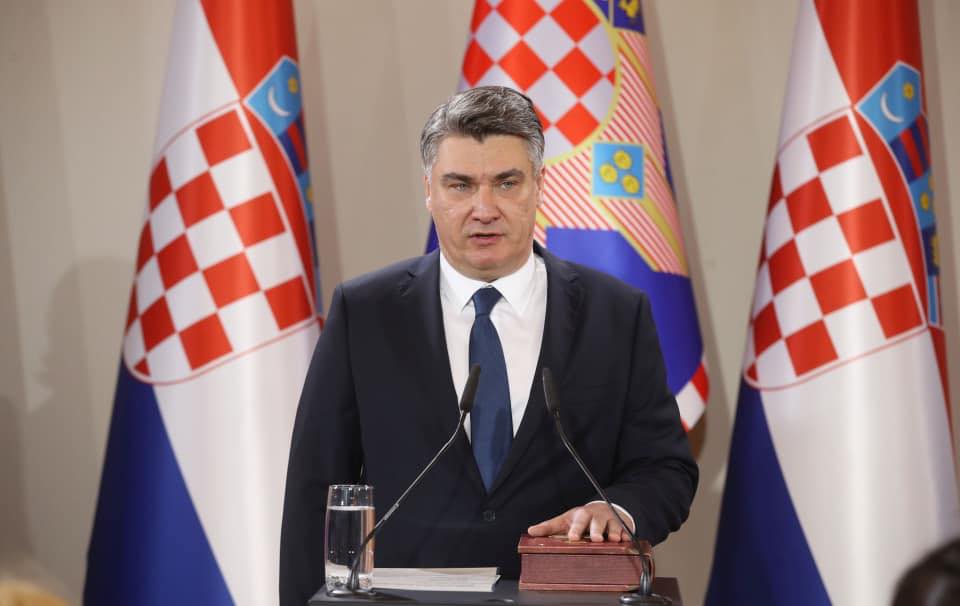
Photo: Facebook, Zoran Milanovic
Zoran Milanovic’s recent statement, however, points to the fact that Croatians are dissatisfied with the present situation, and feel that they suffer disadvantages.
Christian Schmidt is the new High Representative for Bosnia and Herzegovina. The German diplomat faces challenges similar to those of his predecessors: the lack of consensus among international actors, growing nationalism, the impossibility of constitutional reform and an unstable domestic political situation.
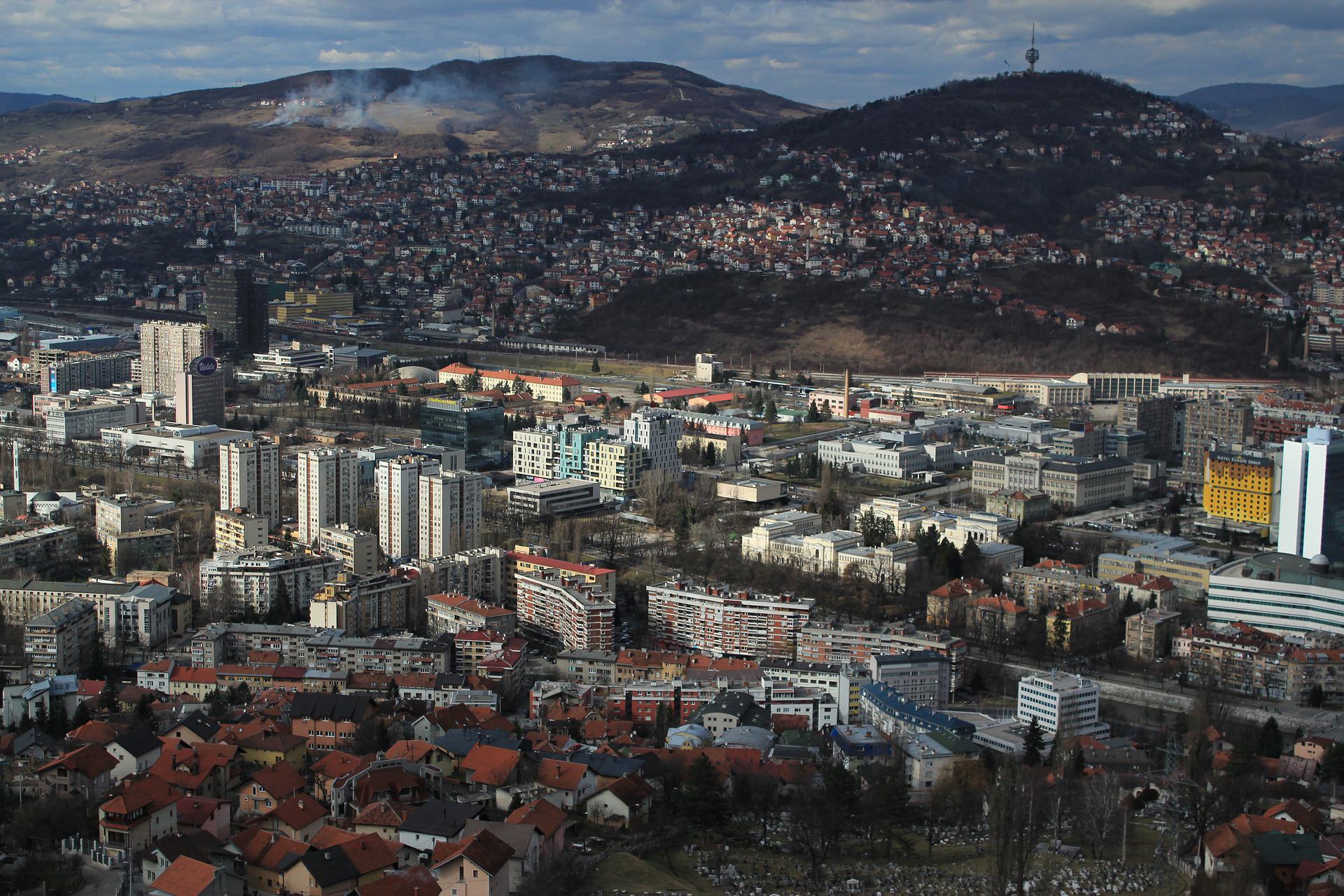
Photo: Pixabay, Sarajevo
With his remark mentioned above, Mr Milatovic referred to the fact that certain politicians misuse the seats which the Croatians are entitled to and Croatian quotas are not occupied by politicians representing Croatian interests. He added that if their demand is not met by the end of the year, he will do everything in the Croatian Parliament, the Sabor, to prevent Sweden and Finland from joining NATO. However, pushing this plan through won’t be easy, as MPs of the Croatian Democratic Community (HDZ), who enjoy a parliamentary majority, are unlikely to support the idea.
But what problem does Croatia’s president have with Finland and the Sweden? Nothing, he says. He only put forward his proposal in the interest of Croats in Bosnia, he emphasized.
The president can block the northern states’ NATO accession
The Croatian president can prevent Sweden and Finland from joining NATO. If he’s “cool” enough, he will make this decision, the premier said, commenting on Mr Milanovic’s words. At the same time, Prime Minister Andrej Plenkovic (HDZ) once again accused the president of being pro-Russian.
“Mr Plenkovic accused Mr Milanovic of having done almost nothing for Bosnian Croats in the past, and of pretending to have become their greatest defender, the one who will do everything to promote their rights, overnight. The government in Zagreb is doing its utmost to change Bosnia’s election law, Mr Plenkovic concluded.
President and PM disagree
This is not the first dispute over key issues in Croatia between a president and a prime minister who come from different party families. These problems often surface by the participants sending public messages to each other via media outlets or the press. According to some experts, in today’s divided world it may not be entirely useful for two of a country’s highest ranking politicians to continue their insults through the media. Instead, they should negotiate and discuss the issues that are key to keeping the nation governed.
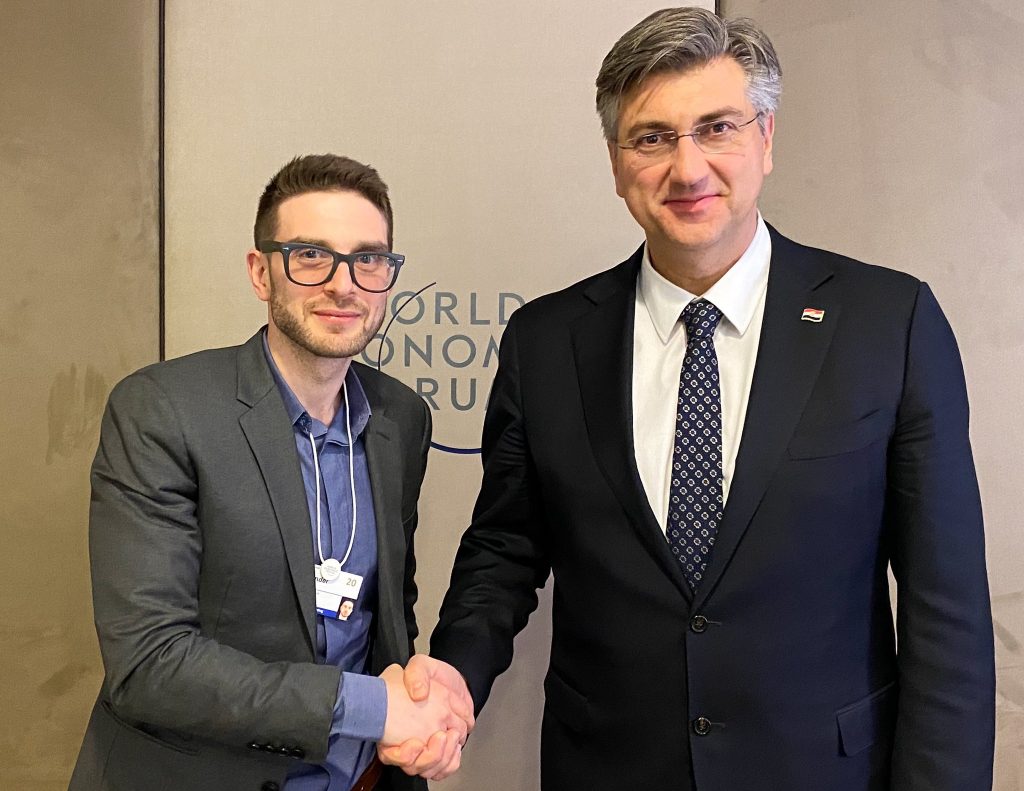
Photo: Twitter, Alexander Soros and Andrej Plenkovic
Recently, Andrej Plenkovic appeared happy to shake Alexander Soros’s hands after they met in Davos to discuss how Croatia’s growing demographic crisis could be solved by the resettlement of migrants. Alex’s caption on their post-meeting photo says that it was a “great meeting.”
Finland, Sweden and NATO
Finland and Sweden are among the few EU countries that are not members of NATO. However, this is expected to change in a few weeks. According to Reuters, Finland will decide on its accession on 12 May and will submit its membership application simultaneously and jointly with Sweden in the week beginning with 16 May. It marks the end of many years of military neutrality of the Nordic countries – in the case of Sweden it is measured in centuries, while the Finns have remained neutral since the end of World War II. Both countries were firmly in favour of neutrality – neither politics, nor public opinion was in favour of joining NATO. However, public sentiment has changed after the outbreak of the war in Ukraine, leading to a rapid change of heart in Finland and Sweden.
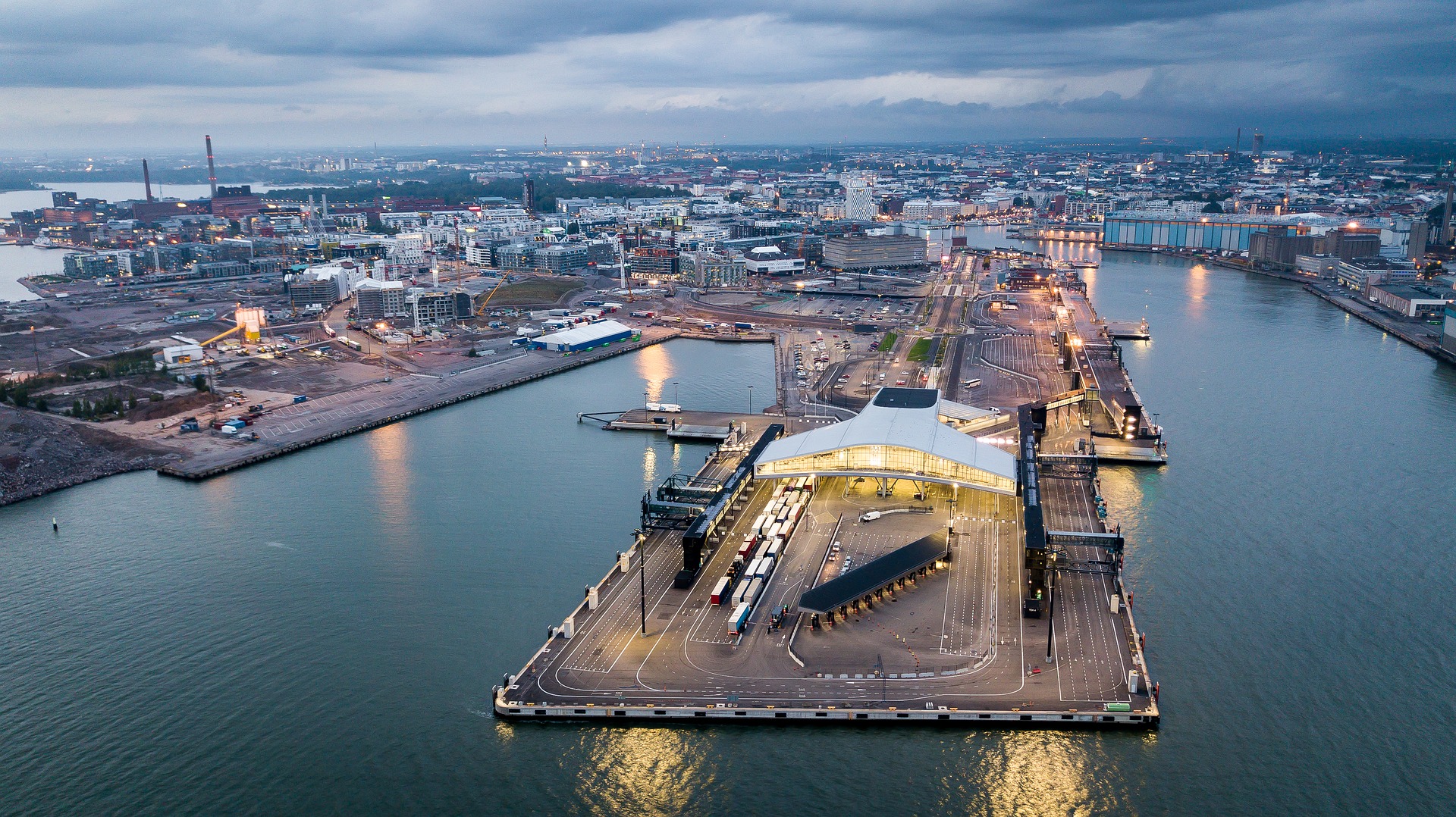
Photo: Pixabay, Helsinki
If the two countries join NATO, the border between Russia and the North Atlantic Alliance will expand significantly, by about 1,300 kilometres, making it twice as long as the current frontier.
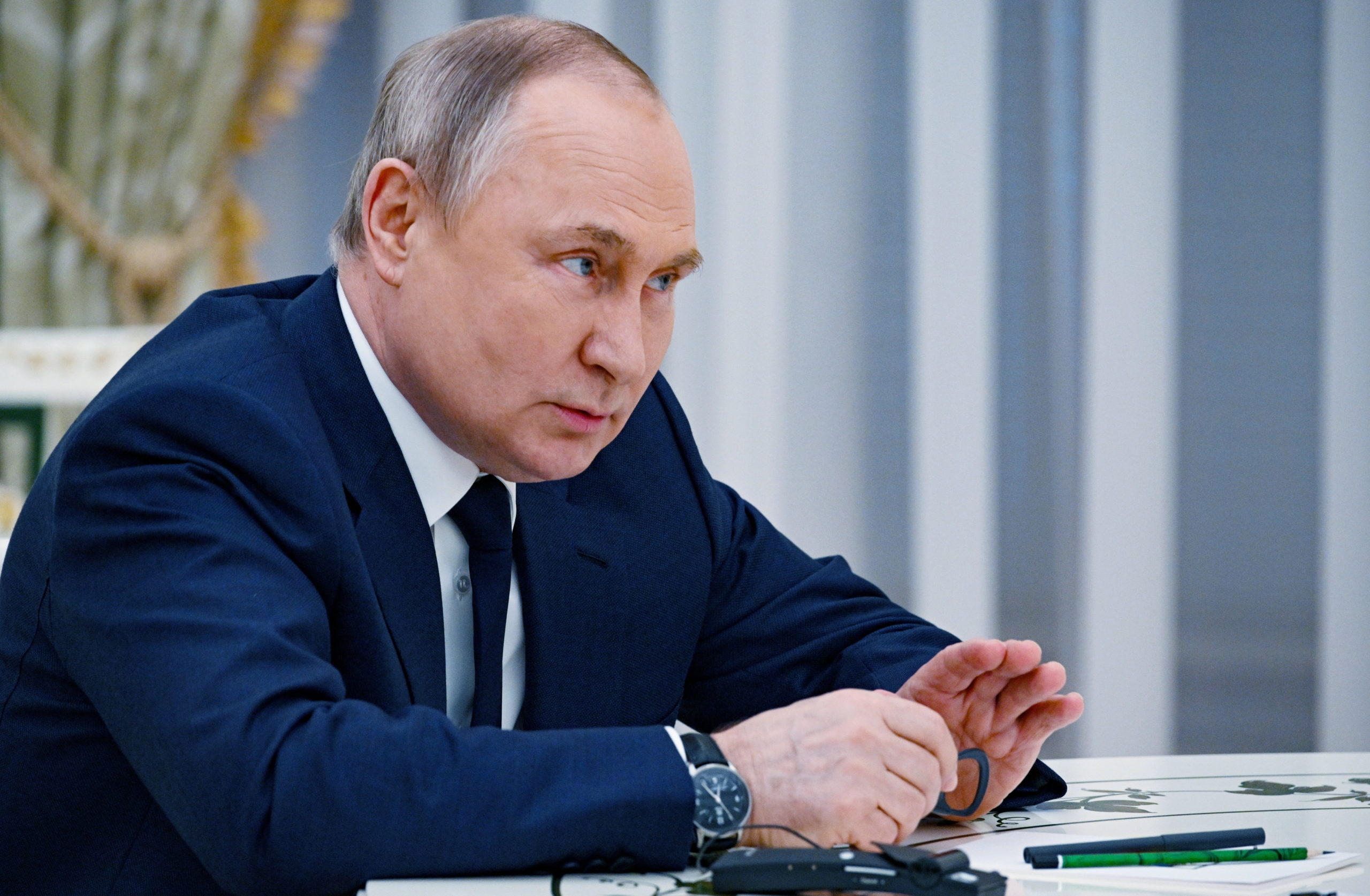
Reacting to Finland and Sweden’s NATO accession plans, Russian President Vladimir Putin said if the Scandinavian countries were to join, he would deploy nuclear weapons and hypersonic missiles to the Kaliningrad region on the Baltic coast.
By V4 Agency

